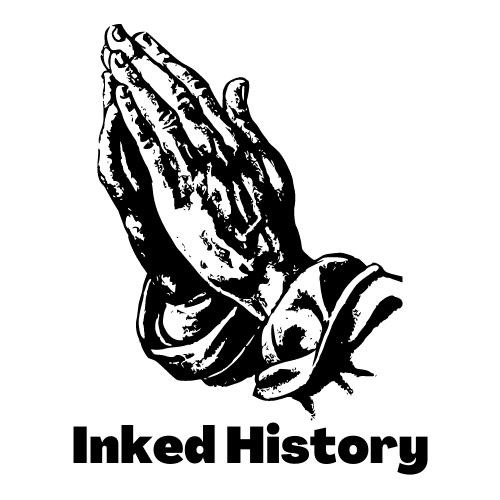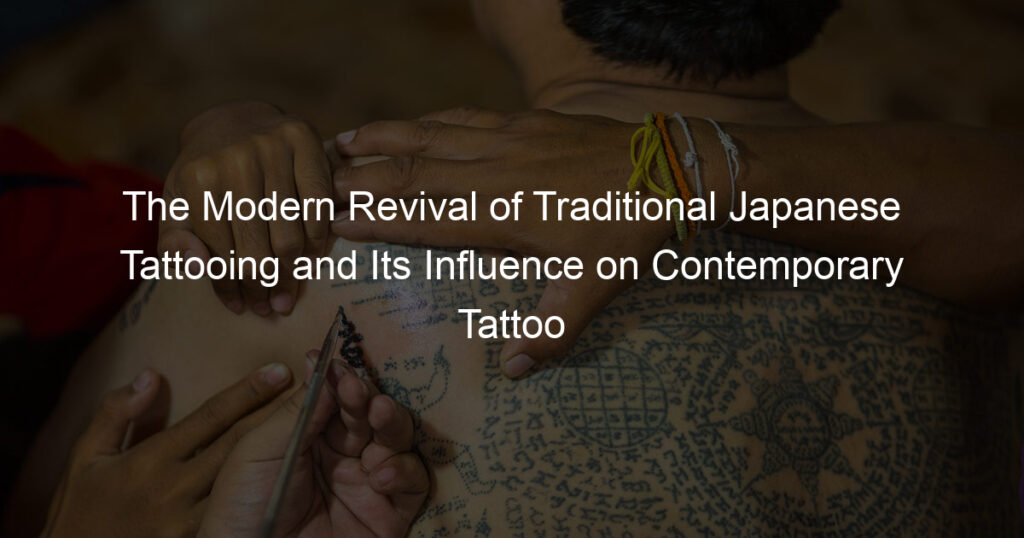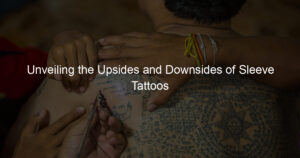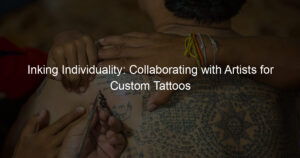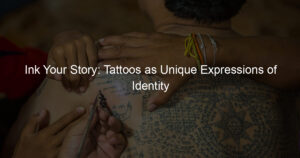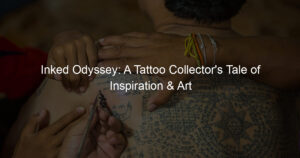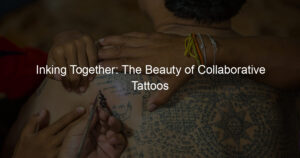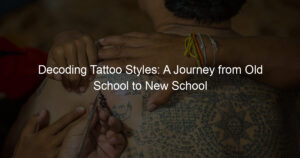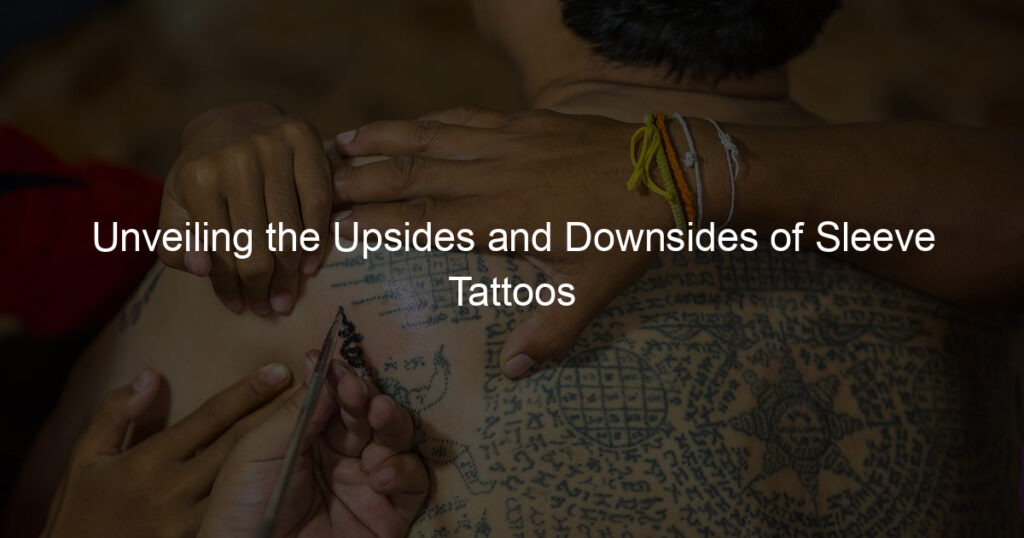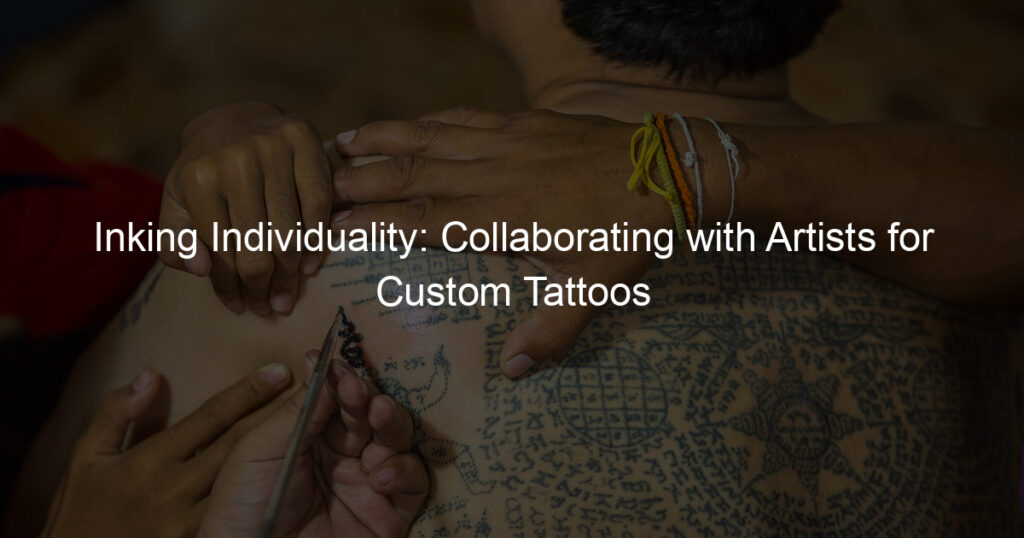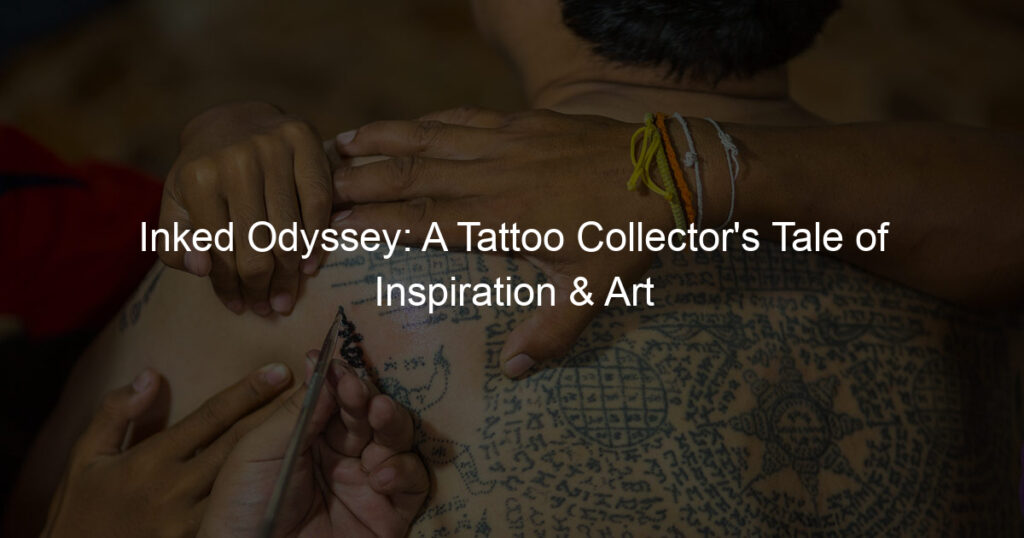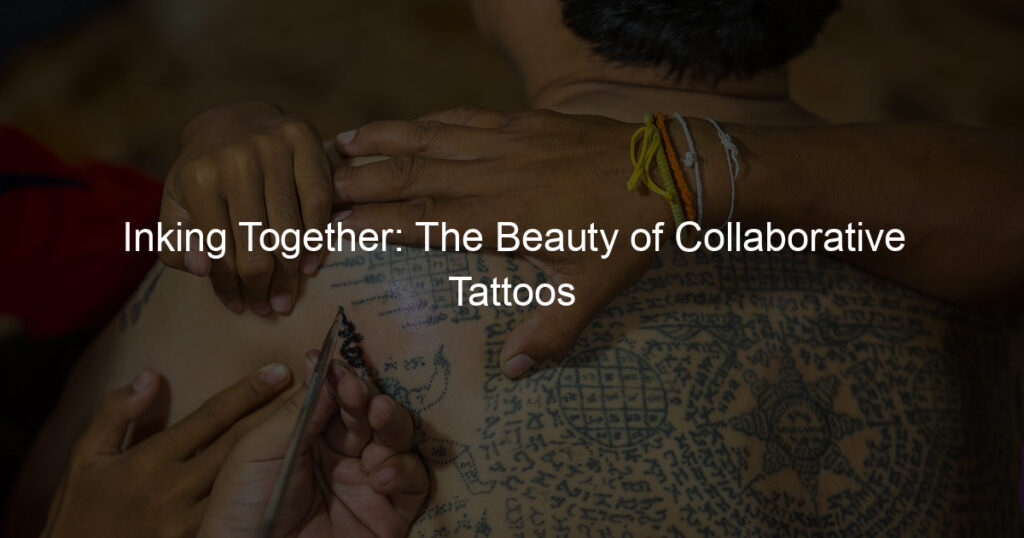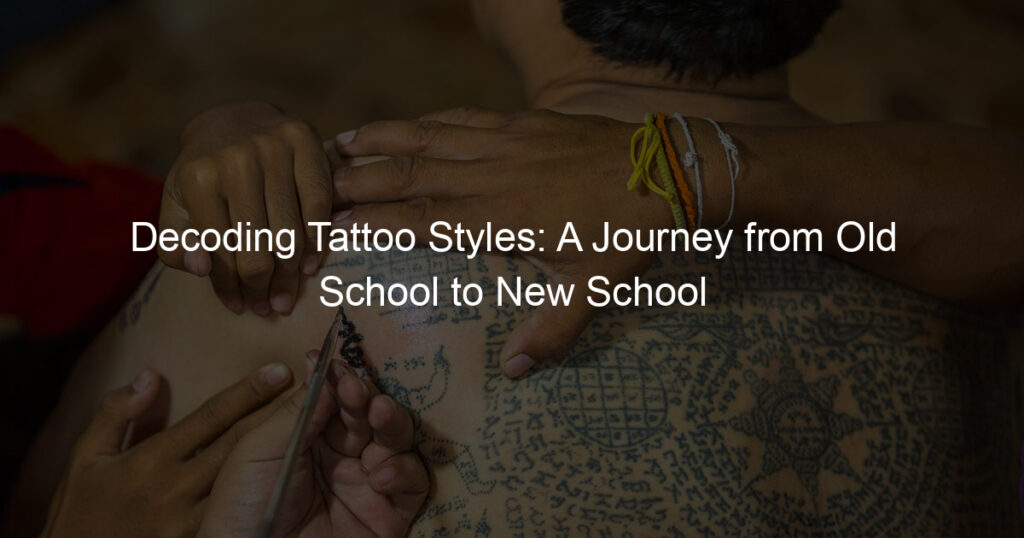Traditional Japanese tattooing, also known as Irezumi, has seen a surge in popularity in recent years. This resurgence can be attributed to the growing interest in Japanese culture and art, as well as the skills of modern tattoo artists who can create stunningly intricate designs.
While Irezumi has been largely overshadowed by Western-style tattoos in Japan itself, it is gaining prominence globally as a unique and beautiful form of body art. In this blog post, we’ll take a look at the history of Irezumi, its modern revival, and how it is influencing tattoo culture around the world.
What is the Japanese traditional form of tattooing?
Japanese traditional tattooing is a unique form of art that combines the use of various fine lines and bold linework for beautiful designs. It has been a part of the culture for centuries, using subtle brush strokes to create complex images that tell stories in their little way.
The artwork is typically done with a bamboo stick and needle that has ink rubbed onto it, often with the help of a chisel-like tool called the tebori. This gives each design an organic feel and makes them stand out from the modern-day versions. The tattoos often reflect aspects of their culture such as honor, loyalty, power, wisdom, and strength. Japanese traditional tattoos are certainly a unique and visually stunning form of body art!
What is the significance of tattoos in Japanese culture?
Tattoos have a long and varied history in Japanese culture. The emergence of body ink as an art form can be traced back thousands of years ago when the country was occupied by Imperial China. During a transitional period in Japanese history, warriors added tattoos to their bodies as a mark of allegiance, and religious rituals were also reinforced with tattoos of divine symbols.
This changed after World War II when American soldiers discovered traditional tattoos while stationed in Japan and spread them worldwide. Since then, there has been a resurgence in the traditional styles of full-body tattoos; however, today they are mainly being used as an artistic expression of passion and beauty.
Many modern Japanese designs include ancient motifs such as samurai crests, dragons, or koi fish ready to battle ferocious currents. Whatever the motivation behind it, there is no doubt that tattooing has become an important part of Japanese culture and is still very much alive today.
How is a modern-day tattoo different from a traditional tattoo?
Modern-day tattoos are very different from their traditional counterparts. Traditional tattoos were often seen as taboo or dangerous, whereas modern-day tattoos are commonly accepted and even celebrated. In the past, tattoos typically had meaning rooted in cultural and religious symbolism; today, tattoos are much more of a personal expression with unique designs created for each person.
After all, custom-made tattoo art is often inspired by personal experiences and interests. Technology has made it much easier to apply complex images accurately and efficiently, so tattooists can create beautiful works of art rather than navigating hard-to-execute shapes and symbols with archaic tools. So when it comes to modern-day versus traditional tattoos, there’s no competition – our current techniques allow for skills that the old masters could only dream of!
How are tattoos viewed in modern Japanese society?
Tattoos have become increasingly popular in Japan over the years. In modern times, they are no longer seen as a sign of criminality as they were years ago; these days they are viewed in a much more positive light. They are becoming extremely fashionable and can be seen adorning men and women of all ages. The increasing visibility of tattoos has even led to big changes in laws that previously discouraged people from tattooing in the workplace or wearing revealing clothing.
Tattoo parlors are now popping up all over the country, indicating acceptance through the whole population. Despite conventional perceptions changing, though, tattoos still maintain a certain amount of taboo within some parts of Japanese society, particularly among older generations. Whatever you believe about them, one thing is for sure—tattoos are an ingrained part of Japanese culture these days!
Have cultural views of tattooing changed over time how so why do you think this?
The perception of tattoos has certainly shifted since they first became popular in the early 20th century. They were once viewed as taboo and a symbol of delinquency, usually only being associated with criminals and biker gangs. Nowadays, however, tattoos are more widely accepted and even celebrated by many. It almost seems like no group of people don’t have one! Celebrities, athletes, and politicians seem to all have inked themselves up with varying levels of work.
I think this change has happened because tattoos are seen as a form of individual expression, something that resonates within our current culture of self-expression and personal style. Additionally, with advancements in tattoo technology, the art form has developed incredibly over the years which gives it more validity than before.
Final thoughts: The Modern Revival of Traditional Japanese Tattooing and Its Influence on Contemporary Tattoo Culture
Tattooing is an art form that has been around for centuries, and yet it’s continually evolving as trends come and go. From its beginnings in traditional Japanese tattooing to its recent revival, the tattoo industry is on a powerful upswing. This modern revival brings not just a new eye-catching look but a newfound appreciation for its cultural heritage as well.
We can all learn from this trend, taking inspiration from where traditional meets modern in tattoos and letting our voices show through each unique design. Together, by uniting our knowledge and experience, we can push tattoo culture forward into uncharted waters and let our imaginations soar.
